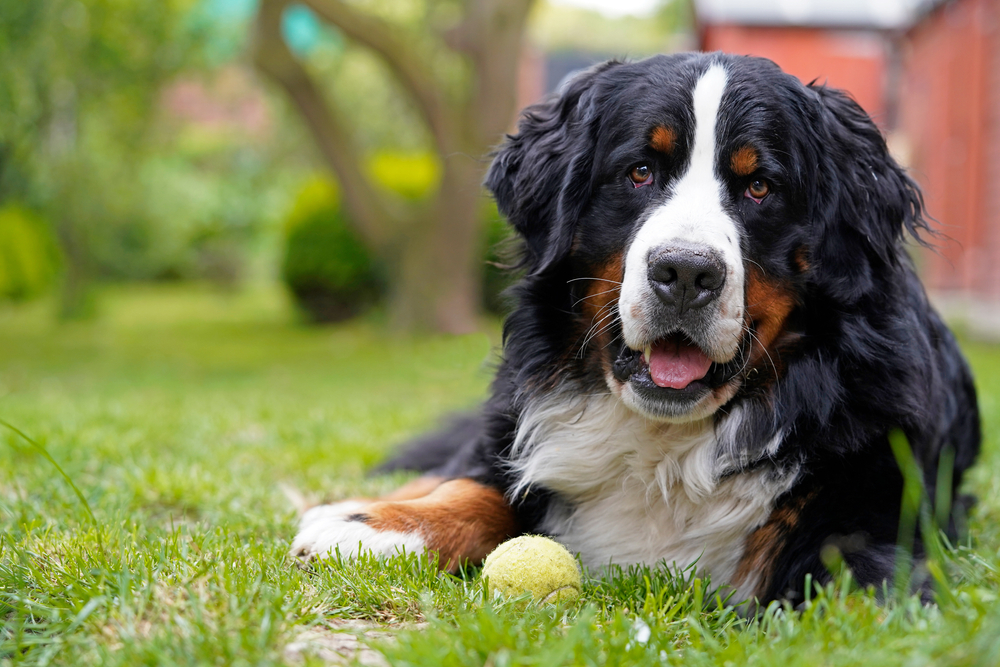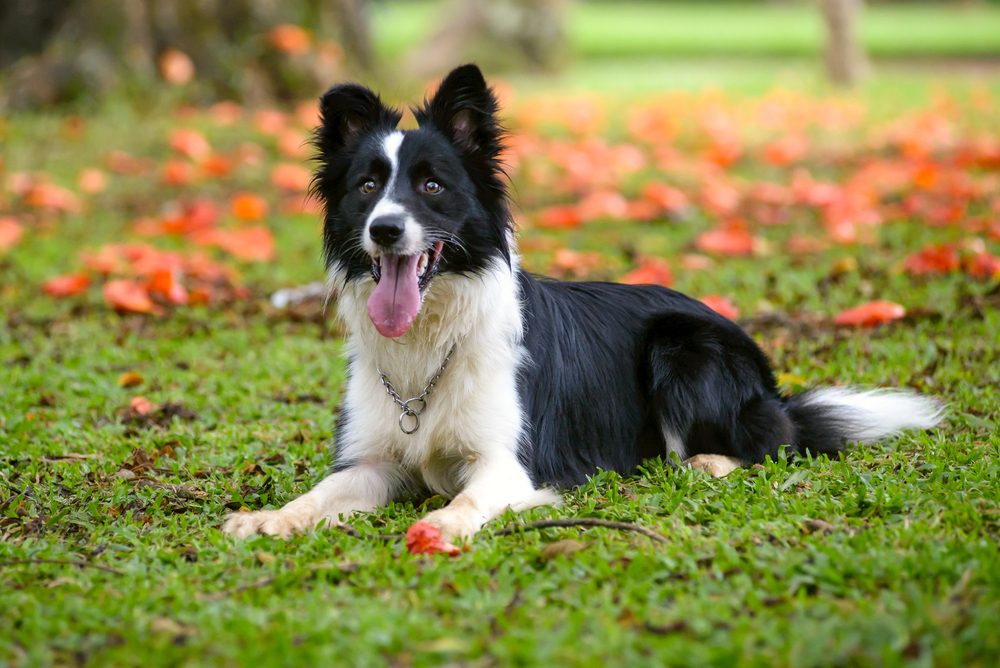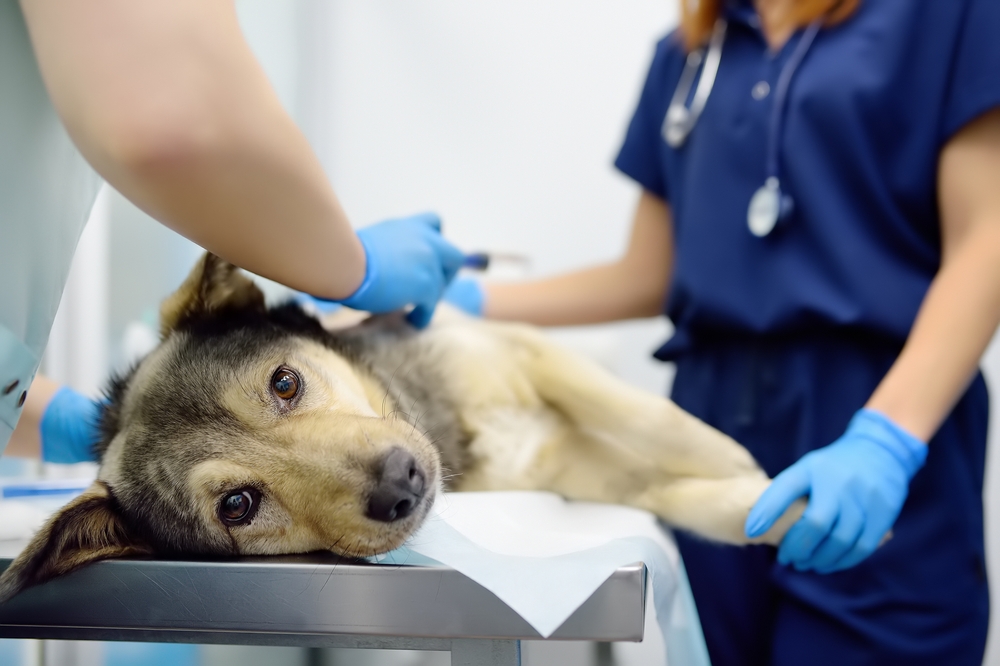You might find yourself visiting the vet more often with these breeds.
Others are reading now
Some dog breeds are more susceptible to genetic and health-related problems than others.
This is often due to selective breeding that has emphasized certain traits, as well as the breeds’ anatomy and physiology.
Many dogs suffer from hereditary diseases that can impact their quality of life and require special care from their owners.
Common issues include breathing difficulties, joint diseases, skin conditions, and heart or neurological disorders.
Also read
It’s important to be aware of these challenges if you’re considering getting a dog.
Having a good understanding of a breed’s health risks can help ensure a long, healthy, and happy life for your pet.
Pug

-
Often struggles to breathe properly due to brachycephalic syndrome
-
Narrow nostrils, elongated soft palate, and risk of tracheal collapse can lead to oxygen deprivation and fainting
-
Highly prone to heatstroke in warm weather
-
Can suffer from pug encephalitis, a severe and untreatable neurological disease
German Shepherd

-
Prone to genetic disorders, including hip dysplasia
-
Susceptible to von Willebrand’s disease, pancreatic insufficiency, and degenerative myelopathy
-
Often has a sensitive stomach and is prone to skin infections
Doberman

-
High risk of von Willebrand’s disease, which affects blood clotting
-
Can experience prolonged bleeding and spontaneous hemorrhages, though often mild
-
Between 49-70% of the breed carries the defective gene
Labrador Retriever

-
A specific mutation in the DNM1 gene can cause exercise-induced collapse
-
Affected dogs may become unsteady, lose muscle control, and experience elevated body temperature
-
Prone to hip problems and heart conditions
Bernese Mountain Dog

-
High risk of developing cancer, especially histiocytosis, which can lead to organ failure
-
Prone to hip problems
-
Unfortunately, has a short lifespan compared to many other breeds
Border Collie

-
Susceptible to the MDR1 gene mutation, making them highly sensitive to medications like ivermectin and loperamide
-
Can develop hip and elbow dysplasia, which may require surgery in severe cases
French Bulldog

-
Struggles with brachycephalic syndrome, leading to breathing difficulties and fatigue, especially in hot weather
-
Prone to cleft palate, allergies, skin conditions, and cystinuria (a metabolic disorder)
Cocker Spaniel

-
High risk of eye diseases, including progressive retinal atrophy (affecting 11% of the breed)
-
Up to 45% carry the gene for progressive retinal atrophy
-
Prone to cataracts and inward-turning eyelids
-
Long ears make them susceptible to ear infections due to poor air circulation
Cavalier King Charles Spaniel

-
Prone to heart disease, hip and elbow dysplasia, loose kneecaps, and muscular dystrophy
-
Frequently experiences eye, skin, and respiratory problems
English Bulldog

-
High risk of brachycephalic syndrome and hip dysplasia (up to 73% affected)
-
Prone to fragile bones, allergies, and skin conditions
-
Many have difficulty giving birth naturally, making breeding complicated








